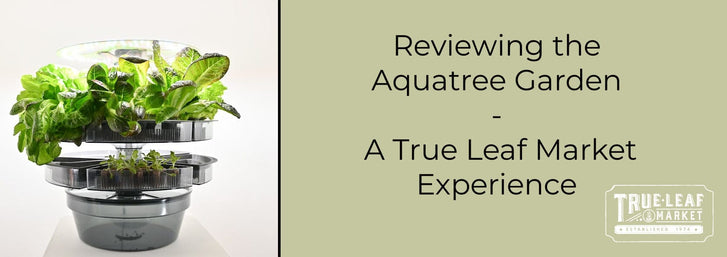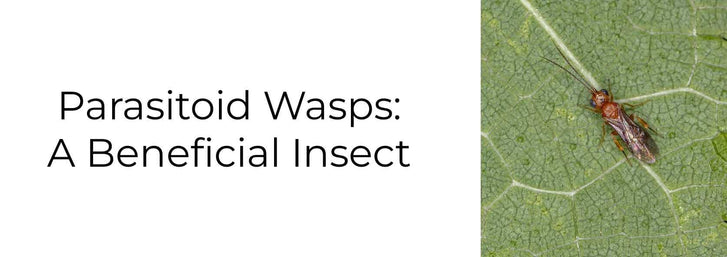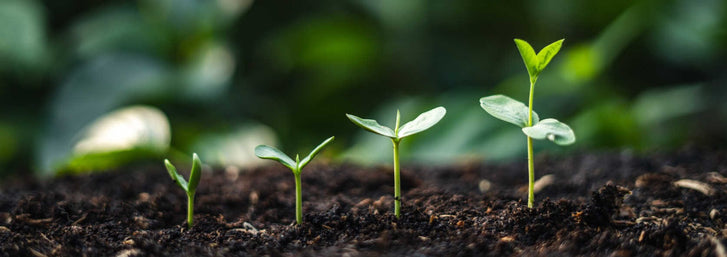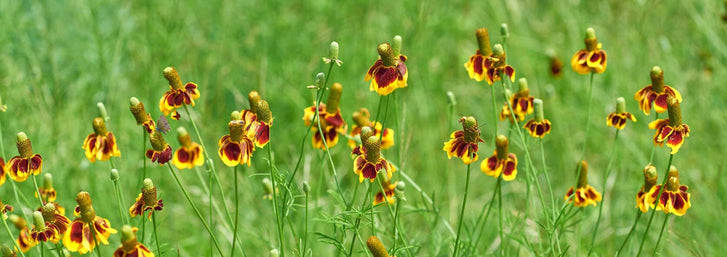
Kat Jones

Detoxification seems to be the word for the day. Never at a time in the history of man, have the foods we eat been so processed and devitalized. Never has there been the chemical pollution in the growing soils, in the ground water, the rivers and the oceans, and in the air. The shampoos, lotions, creams, and emollients we slather upon our bodies have chemical names we've never heard of. Never before have people suffered en masse from such a wide variety of illnesses and disease. It is reported that of the 60 million people who search the internet every day, 20 million are searching for something to do to improve their health and immune systems.
In a study led by Mount Sinai School of Medicine in New York, in collaboration with the Environmental Working Group and Commonweal, researchers at two major laboratories found an average of 91 industrial compounds, pollutants, and other chemicals in the blood and urine of nine volunteers (one of which was Bill Moyers) with a total of 167 chemicals found in the group. Like most of us, the people tested do not work with chemicals on the job and do not live near an industrial facility.
Scientists refer to this contamination as a person's body burden. Of the 167 chemicals found, 76 cause cancer in humans or animals, 94 are toxic to the brain and nervous system, and 79 cause birth defects or abnormal development. The dangers of exposure to these chemicals-in-combination have not been studied."
Body burden = lethargy or laziness? It is good to know that no one is truly lazy! Body chemistry keeps many people in life from being super-successful. Body chemistry contributes to lethargy, slow mentality, chronic fatigue, disease, old age, and eventually death.
So what does it mean to detoxify? Literally, it means to clean house. Enabling the body to cleanse itself of toxins means to vitalize the cells of the body so that each cell will have enough energy to empty the garbage, so-to-speak. In other words to rid itself of toxins and in so doing, changing the environment or the body chemistry.
Why don't the cells of our bodies have energy to rid themselves of toxins? As Ann Wigmore has said, and many before her: a devitalized lifeless cooked food diet.
Arnold Ehret (Mucusless Diet Healing System), another raw food pioneer who lived long before Ann Wigmore, said that in order to be healthy, we must eat mucus-less food, meaning, a diet that doesn't cause our bodies to make mucus in order to protect itself. If one eats a diet which causes the chemistry of the body to be acidic, then the cells of the body will make mucus. Over a lifetime, this mucus will do many things. It will be a home for viruses, it will continue to multiply as the body gets more and more acid, it will harden in some places and impede circulation. The acid will also cause the body to hold on to water (weight) in order to neutralize.
So, what about the acid-alkaline balance? According to naturalhealthschoolonline.com, "over-acidity which can become a dangerous condition that weakens all body systems, is very common today. It gives rise to an internal environment conducive to disease, as opposed to a pH-balanced environment which allows normal body function necessary for the body to resist disease. A healthy body maintains adequate alkaline reserves to meet emergency demands. When excess acids must be neutralized, our alkaline reserves are depleted leaving the body in a weakened condition."
To adequately understand the acid-alkaline balance and the fluids that bathe the cells of the body, think about the experiment performed in the 1930's by Dr. Alexis Carrel, a two-time Nobel Prize winning scientist who performed the first kidney transplant, and was head of the Rockefeller Research Institute. Under his direction a small piece of heart tissue from an embryonic chicken was cultured in a flask. It was provided with nutrients, oxygen, and water. The piece of chicken heart was kept growing for more than 30 years, far past the life span of a normal chicken. After 34 years, it showed no signs of deterioration. So, the caretakers stopped caring for it and let it die. Carrel concluded that our cells could live and reproduce forever provided proper conditions are maintained.
Dr. Carrel wrote about the experiment in 1935: "When the composition of the [fluid around the cells] is maintained constant [with oxygen, nutrients, etc.], the cell colonies remain indefinitely in the same state of activity. They never grow old. Colonies obtained from a heart fragment removed in January 1912, from a chick embryo, are growing as actively today as 23 years ago. In fact, they are immortal." Alexis Carrel, Man the Unknown, New York: Halcyon House, 1938, p. 173.
Theodore A. Baroody, N.D., D.C., Ph.D. in his book, Alkalize or Die, said, "The countless names of illnesses do not really matter. What does matter is that they all come from the same root cause...too much tissue acid waste in the body!"
A healthy pH body range is 6.0 to 7.5. One can purchase inexpensive pH strips at the local pharmacy and test both the saliva and the urine.
"When the pH is unbalanced, the condition forces the body to borrow minerals - including calcium, sodium, potassium and magnesium - from the vital organs and bones and to buffer or neutralize the acid and safely remove it from the body. This strain can cause prolonged damage to the body. Mild acidosis can cause such problems as cardiovascular damage, weight gain, obesity, diabetes, bladder and kidney problems, kidney stones, immune deficiency, premature aging, osteoporosis, joint pain, aching muscles, lactic acid buildup, low energy, and chronic fatigue."
"If acid levels are too high, the body will not be able to excrete acid. It must either store the acid in body tissue (autotoxication) or buffer it by borrowing minerals from organs and bones in order to neutralize acidity."
So...what is the solution? One can gradually begin to de-acidify the body and make it more alkaline! It is as simple as changing the diet. Knowing and eliminating the foods that cause the body to be acidic is important: Animal foods such as beef, turkey, chicken, shellfish, pork, fish, eggs, butter, milk, ice cream, cheese, and things like chocolate, carbonated drinks, white sugar, white flour, unsprouted nuts such as peanuts, walnuts, pecans, cashews, etc. A complete list can be found in Baroody's book.
Very important! Involves adding the foods that have the elements that cause the body to be alkaline. The elements which cause the body to be alkaline are oxygen, sodium, magnesium, potassium, calcium. Wheatgrass and barleygrass have chlorophyll which enables the body to make more red blood cells, thus carrying more oxygen. Both are extremely high in magnesium, potassium and calcium. Barleygrass is exceptionally high in organic sodium. Also one can add fresh fruits, and vegetables in the raw state, sprouted nuts and seeds of all kinds, the greens such as parsley, spinach and the lettuces, and importantly, fruit and vegetable juices.
Once again, the Ann Wigmore diet proves to be healthful for a set of entirely different scientific reasons!
Leave a comment
Your email address will not be published. Required fields are marked *
0 Comments
No Comments yet! Be the first to start a conversation
Further Reading

Reviewing the Aquatree Garden: A True Leaf Market Experience
The AquaTree Garden is an innovative growing experience! This nifty appliance allows you to grow leafy greens, microgreens, herbs, large sprouts, and vegetable starts (like tomatoes) all at once! When it comes to indoor gardening, there is no question ...

Ashleigh Smith
2024-04-225 min read1
Parasitoid Wasps: A Beneficial Insect in the Garden
Written By Lara Wadsworth There are estimated to be around one million different species of parasitic wasps worldwide. In fact, most wasps are parasitic, which means they live on or in a host at the host's expense. For common garden pests like aphids, ...

Ashleigh Smith
2024-04-226 min read0
Succession Planting: The Key to a Continual Harvest
Do you find yourself harvesting large amounts of any given vegetable from your garden all at once? There is a solution! The practice of succession planting, or planting in segments over a period of time, allows you to harvest root vegetables, leafy gre...

Ashleigh Smith
2024-04-223 min read1
10 Natives of the Southwest USA for Pest Control
Written By Lara Wadsworth The Southwestern United States is a region incredibly unique to the rest of the country. The hot, dry weather can be challenging for plants and animals to thrive without additional help. That is why gardening with natives can ...

Ashleigh Smith
2024-04-157 min read0



